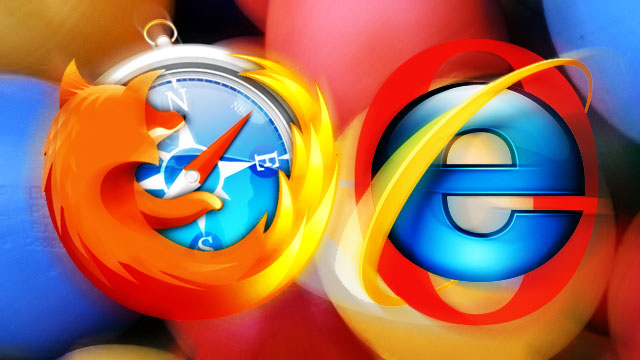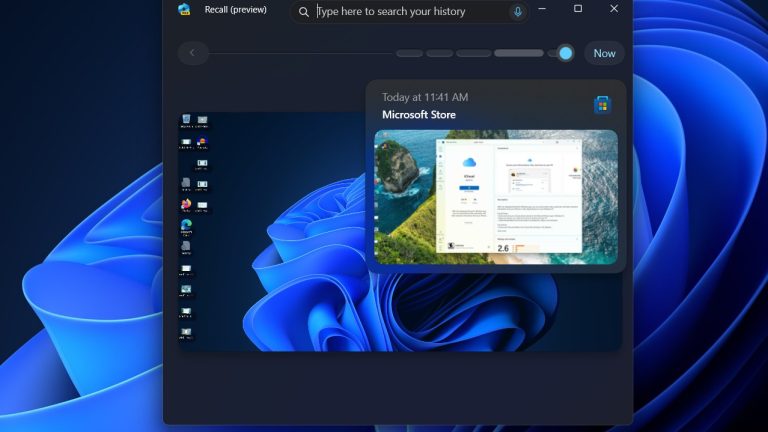Apple recently launched an HTML5 showcase on its official website with several demos that are intended to highlight some of the advanced Web development capabilities that are made available by emerging standards. The showcase has attracted criticism from standards advocates, however, because it pops up a message telling users that they will need to download Safari in order to view the demos.
Some of the demos legitimately require Safari because they use Apple-specific Web features that are still at extremely early stages of the standardization process, but most of the demos will function properly in Chrome and Firefox. Apple's clumsy browser detection mechanism and careless attitude about the distinction between Safari features and actual standards has raised some troubling questions for the Web community.
It's worth noting from the start that the underlying idea of Apple's HTML5 showcase is not itself controversial. In fact, the Mozilla Hacks blog and Google's Chrome Experiments gallery both serve similar purposes. All three sites have some demos and content that rely to an extent on nascent technologies that are not yet supported across multiple browsers. It's also important to understand that browser-specific features are a necessary and important part of the Web's evolution—most new features that become standards are originally implemented in some experimental form by one of the major browser vendors.
The problem is that Apple's showcase lacks sufficient disclosure and clarity regarding the level of cross-browser support and industry acceptance for individual features.
Some of the language on the showcase page is misleading, and the message that it displays to non-Safari users is detrimental to the long-term goals of the HTML5 standards effort. Telling users that they need one specific browser in order to view HTML5 content downplays the availability of HTML5 support in other modern browsers and wrongly inflates the perception that HTML5 is fragmented. It's also troubling because it sets a bad example for third-party Web developers regarding best practices for browser detection.
Oddly enough, Apple has a whole separate version of the showcase on its developer website that exhibits none of these offensive characteristics. The more appropriately named "Safari Technology Demos" page has the same demos, but doesn't categorically block alternate browsers. I was able to test the demos in Chrome and found that most of them worked as expected. This alternate page is accessible by clicking the "Developers" link at the bottom of the HTML5 showcase. This alternate version of the showcase is much closer to how it should be done.



 Loading comments...
Loading comments...
